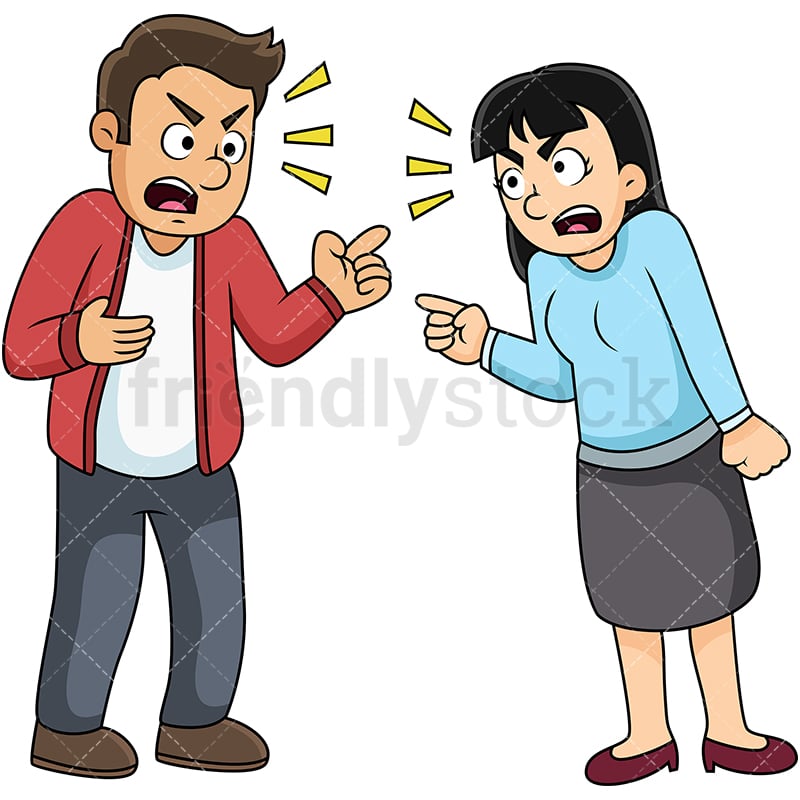A harmful dysfunction in which behavior is judged to be atypical, disturbing, maladaptive, and unjustifiable
U - unjustifiable
M - Maladpative
A - Atypical
D - Disturbing
DSM V
- DSM will classify disorders and describe their disorders
- DSM will NOT explain the cause or possible cures
Disorders
Anxiety Disorder
- a group of conditions where the primary symptoms are anxiety or defenses against anxiety
- the patient fears something awful will happen to them
- they are in a state of intense apprehension, uneasiness, uncertainty, or fear
Phobias
- an anxiety disorder marked by minute-long episodes of intense dread in which a person experiences terror and accompanying chest pain, choking and other frightening sensations
Generalized Anxiety Disorder (GAD)
- an anxiety disorder in which a person is continuously tense, apprehensive and in a state of automatic nervous system arousal
- the patient is constantly tense and worried, feels inadequate, is oversensitive,, can't concentrate and suffers from insomnia
Obsessive- Compulsive Disorder
- persistent unwanted thoughts (obsessions) cause someone to feel the need (compulsion) to engage in a particular action
- obsessions about dirt and germs may lead to compulsive hand washing
Post-Traumatic Stress Disorder
- flashbacks or nightmares following a person's involvement in or observation of an extremely stressful events
- memories of the event cause anxiety
Somatoform Disorders
- occurs when a person manifests a psychological problems through a physiological symptom
Hypochondriasis
- has frequent physical complaints for which medical doctors are unable to locate the cause
Conversion Disorder
- report the existence of severe physical problems with no biological reason
- like blindness or paralysis
Dissociative Disorder
- these disorders involve disruption in the consciousness process
Psychogenic Amnesia
- a person cannot remember things with no physiological basis for the disruption in memory
- retrograde amnesia
- NOT organic
Dissociative Fugue
- people with psychogenic amnesia that find themselves in an unfamiliar environment
Dissociative Identity Disorder
- used to be known as multiple personality disorder
- a person has several rather than one integrated personality
- people with DID commonly have a history of childhood abuse or trauma
Mood Disorders
- experience extreme or inappropriate emotion
Major Depression
Seasonal Affective Disorder
- experience depression during the winter season
- based not on temperature, but the amount of sunlight
- treated with light therapy
Bipolar Disorder
- for many manic depression
- involves periods of depression and manic episodes
- manic episodes involve feeling of high energy
- engage in risky behavior during the manic episode
Schizophrenia
About 1 in every 100 people are diagnosed with schizophreniaSymptoms
Disorganized Thinking
- the thinking of a person with schizophrenia is fragmented and bizarre and distorted with false beliefs
- disorganized thinking comes from a breakdown in selective attention
Delusions
- delusions are persecution
- delusions of glandular
Disturbed Perception
- hallucinations- sensory experiences without sensory simulations
Inappropriate Emotions and Actions
- Laugh at inappropriate times
- flat affect
- senseless, compulsive acts
- catatonia- motionless
Positive vs Negative Symptoms
- Positive - presence of inappropriate symptoms
- Negative - Absence of appropriate ones
Types of Schizophrenia
Paranoid Schizophrenia
- preoccupation with delusions or hallucinations
- somebody is out to get me!!!
Disorganized Schizophrenia
- disorganized speech or behavior, flat pr inappropriate emotion
Catatonic Schizophrenia
- parrot like repeating of another's speech and movement
Undifferentiated Schizophrenia
- many and varied symptoms
Personality Disorders
Psychological disorder characterized by inflexible and enduring behavior patterns that impair social functioningParanoid Personalty Disorder
Antisocial Personality Disorder
- characterized by lack of conscience
- tend to lie and steal
Borderline Personality Disorder
- characterized by mood instability and poor self-image
- people with this disorder are prone to constant mood swings and bouts of anger
 Histrionic Personality Disorder
Histrionic Personality Disorder
- constant attention seeker
Narcissistic Personality Disorder
- characterized by self-contentedness
Schizoid Personality Disorder
- avoid relationships and do not show emotions
Schizotypal
- characterized by a need for social isolation, and behavior and thinking often unconventional beliefs such as being convinced of having extra sensory abilities
- some people believe that schizotypal personality is a mild form of schizophrenia
Avoidant Personality Disorder
- characterized by persuasive patterns of social inhibition, feeling of inadequacy, and extreme sensitivity to negative evaluation
- considered themselves to be socially inept or personally unappealing, and avoid social interaction for fear of being ridiculed or humiliated
Dependent Personality Disorder
- characterized by a persuasive psychological dependence on other people
- has difficulty making everyday decisions without excessive amount of advice and reassurance from others
Obsessive Personality Disorder
- characterized by general psychological inflexibility, rigid conformity to rules and procedures, perfectionism, and excessive orderliness

